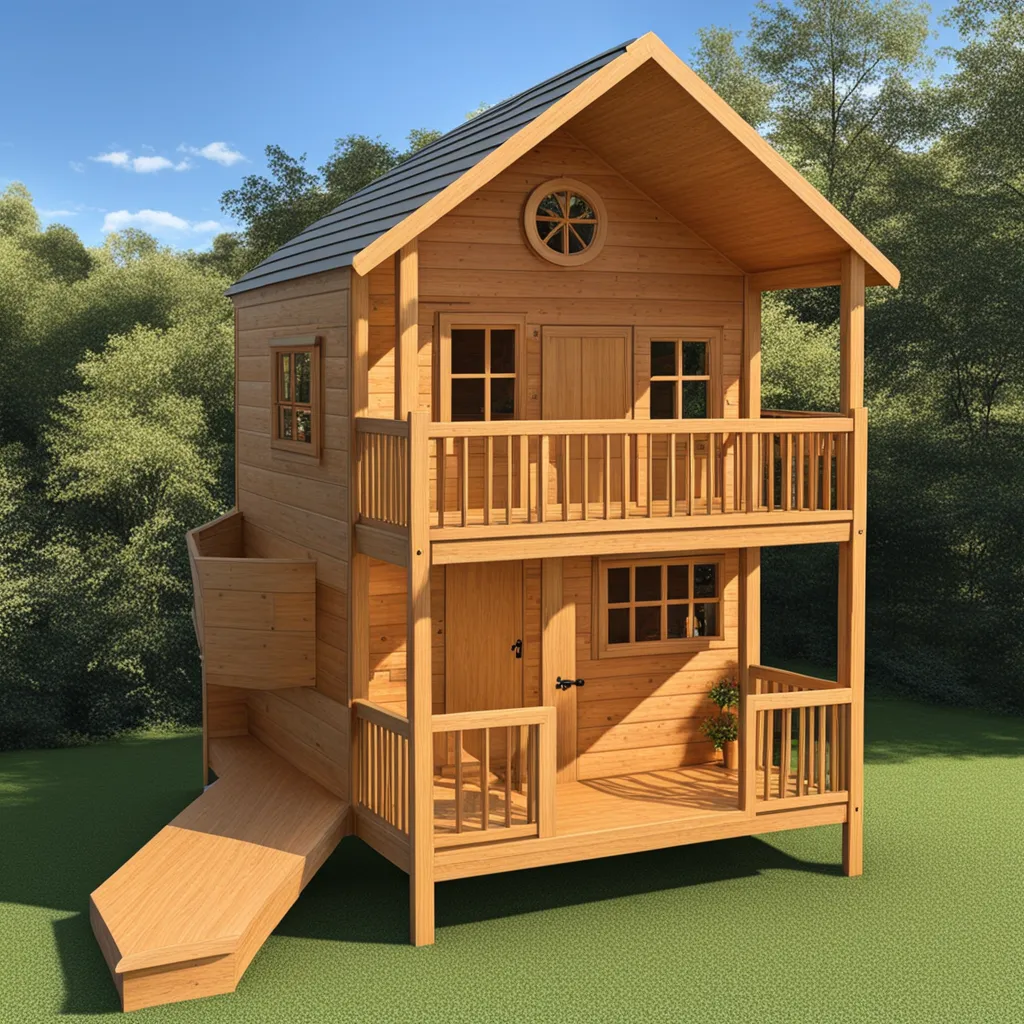How to Play House: A Guide for Kids and Parents
How to Play House: A Guide for Kids and Parents
Playing house is a timeless activity that children of various ages enjoy. It's not only fun but also an educational experience, helping children develop social skills, creativity, and imagination. Whether played with dolls, in a miniature house, or just around the home, playing house can be a source of endless entertainment and learning. Here’s a guide on how to play house, along with answers to some frequently asked questions.

Basic Steps to Play House
- Choose Roles: The first step is to decide who will play what role. Common roles include parents, children, pets, and sometimes extended family or friends.
- Set Up the House: Use a playhouse, a designated room, or a corner in a room as your house. Arrange furniture and toys to create different rooms like a kitchen, bedroom, and living room.
- Use Props: Props add realism to the game. Use toy utensils, dolls, toy phones, blankets, and other items. Encourage kids to use their imagination to substitute props, like using a box as a TV.
- Create Scenarios: The beauty of playing house is in the scenarios you can create. From cooking meals, going to ‘work,’ to putting dolls to bed, each scenario helps children learn about daily life and responsibilities.
- Rotate Roles: To keep the game interesting and equitable, rotate roles occasionally. This allows children to experience different aspects and responsibilities within a household.
- Play Along: For parents, playing along with your children can enhance the experience. It’s also a great opportunity to teach your kids about household chores, empathy, and family dynamics.
Educational Benefits of Playing House
- Social Skills Development: Children learn to communicate, cooperate, and solve problems together.
- Understanding of Family Roles: Playing different family roles helps children understand various aspects of family life and relationships.
- Creativity and Imagination: Creating scenarios and using props fosters creativity and imagination.
FAQs
- Q: At what age can children start playing house?
- A: Children as young as two can start enjoying playing house, although they fully engage with the concept around ages 3 to 5.
- Q: How can I encourage my child to play house?
- A: Provide them with the necessary space and props, and occasionally join in the game to guide and encourage them.
- Q: Is it normal for kids to imitate adult behavior while playing house?
- A: Yes, imitating adult behavior is a natural part of playing house and helps children understand and process the world around them.
- Q: Can playing house help with a child’s emotional development?
- A: Absolutely. Playing different roles allows children to express and manage their feelings and understand the emotions of others.
Conclusion
Playing house is more than just a game; it’s a fundamental activity that aids in the social, emotional, and cognitive development of children. It encourages them to use their imagination, understand family dynamics, and develop important life skills. For parents, it’s an opportunity to bond with their children and gain insight into how they perceive the world around them. Encourage your children to engage in this imaginative play and watch them learn and grow in a fun and interactive environment.